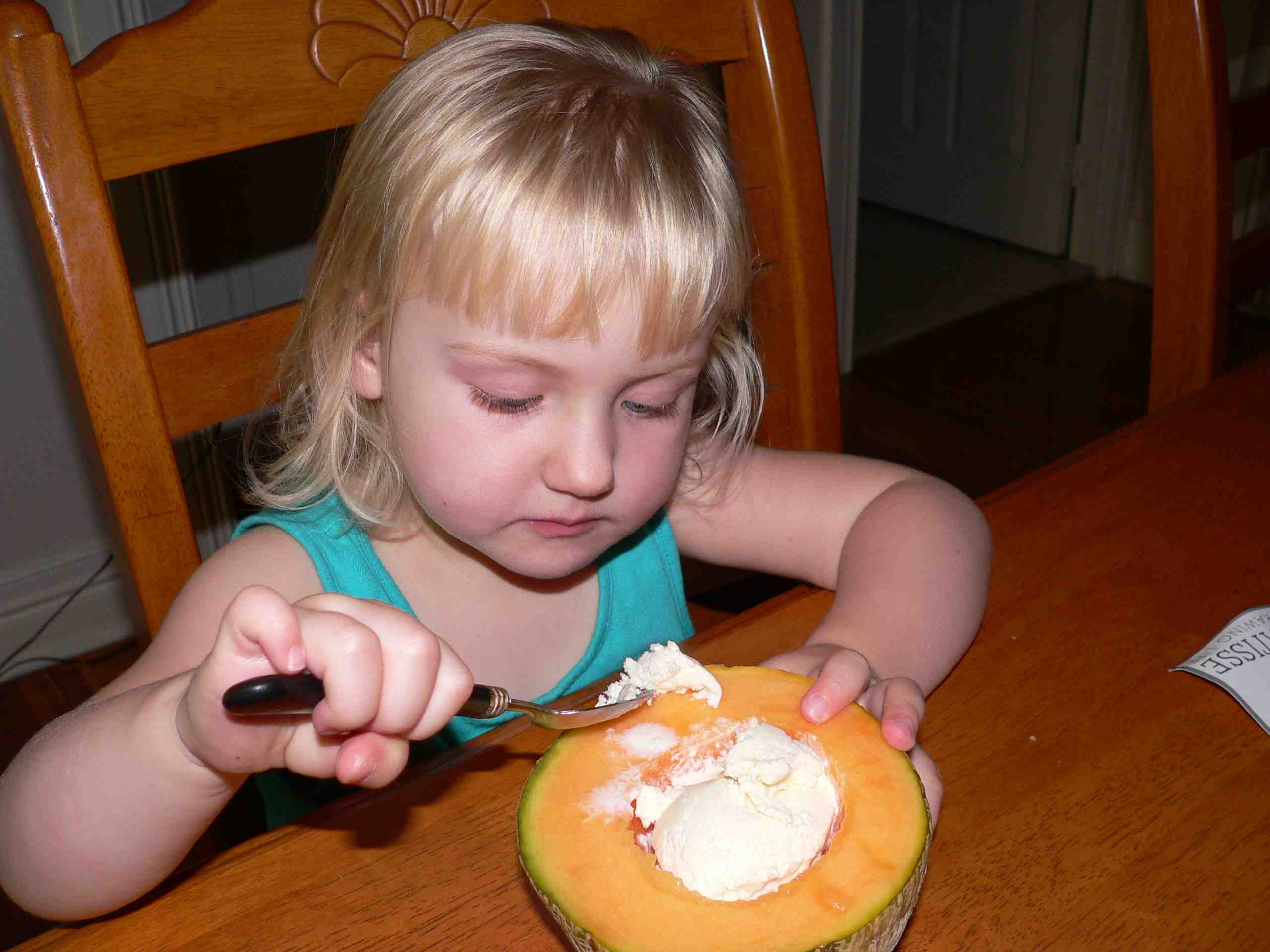Instead of picking the melons and supervising a work crew, Dora and David Elias of Mendota, California – the cantaloupe center of the world — were unemployed — laid off along with hundreds of others as the cantaloupe listeria outbreak traced to Colorado rippled across the nation.
Associated Press reports the pangs were particularly felt here in the top cantaloupe-producing state. Sales of California cantaloupes plummeted, even though their fruit was safe to eat. Farmers abandoned fields. Farmworkers lost jobs.
"We can’t sell the fruit," said Rodney Van Bebber, sales manager for Mendota-based Pappas Produce Company. "Retail stores are taking cantaloupes off the shelves, and growers are disking  in their fruit because people are afraid to eat them."
in their fruit because people are afraid to eat them."
Federal officials quickly isolated the contamination to Jensen Farms in the Colorado town of Holly, which recalled its cantaloupes in mid-September. The tainted cantaloupes should be out of stores now because their shelf life is about two weeks.
But farmers said the outbreak’s source mattered little. In recent weeks, Van Bebber fielded more than 300 phone calls from customers asking whether his cantaloupes were contaminated. This despite the fact that the company has put California stickers on every piece of fruit; that the California Cantaloupe Advisory Board sent letters to customers informing them that California’s crop is safe; and that supermarkets have put up signs explaining that California cantaloupes were not part of the recall.
Growers are making similar efforts in Arizona, the second-biggest cantaloupe-producing state, where the season has just begun.
Cindi Pearson of Santa Rosa Produce in Maricopa, Ariz., who started harvesting 3,000 acres of cantaloupes last week, is labeling fruit with Arizona-grown stickers. She has placed laminated
"I say we should just quit," Van Bebber said. "There is no reason for us to keep picking."
California-grown cantaloupes have never been linked to any foodborne illness outbreak, Patricio said. In fact, growers here funded research that helped refine their food safety practices. California and Arizona growers — who share a similar desert climate — have limited the use of water when growing cantaloupes by minimizing irrigation (it’s turned off several weeks before packing), field packing the fruit and no longer dunking cantaloupes in water to cool or sanitize the fruit.
